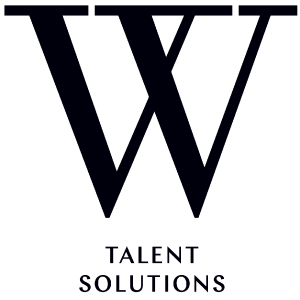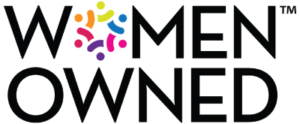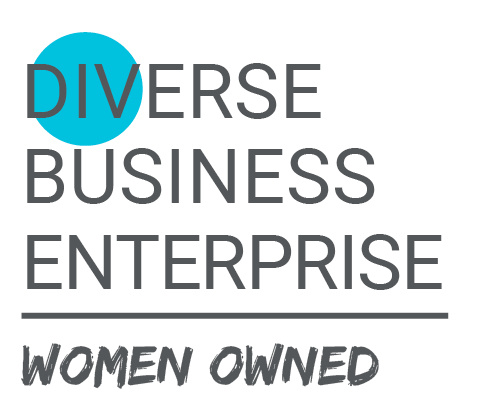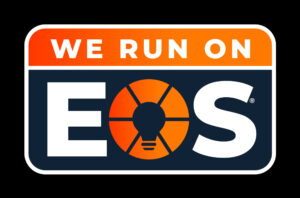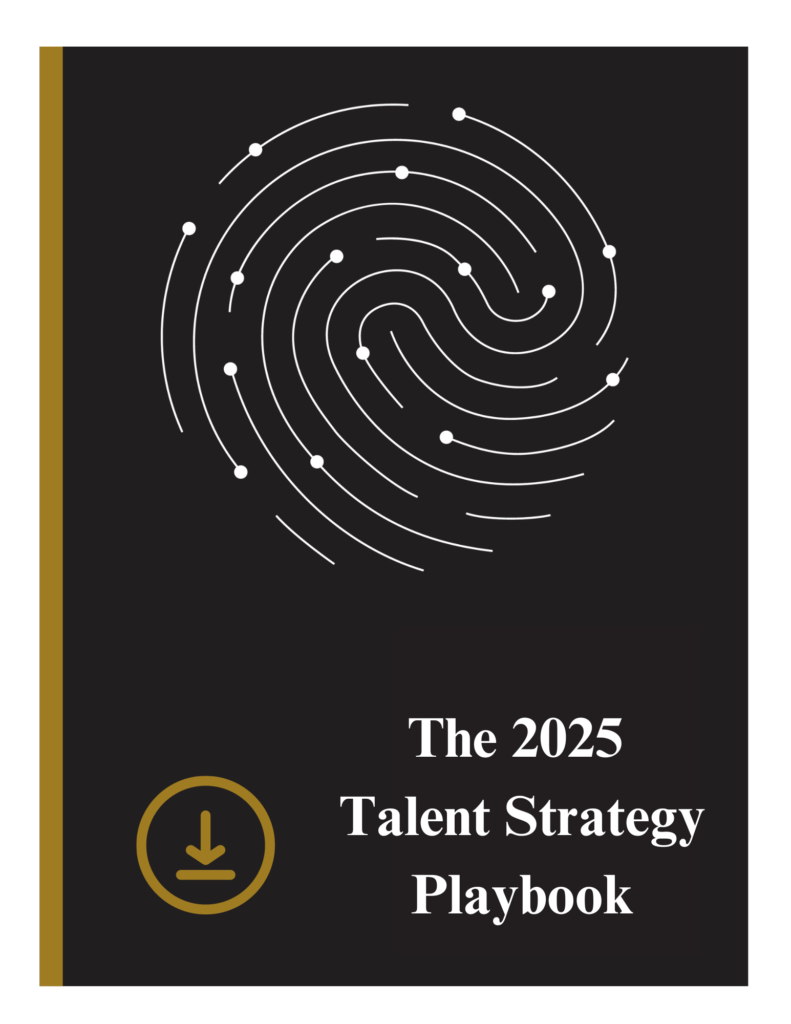The Best Questions to Ask In a Second Interview
by Nicole Degi
During the second interview, you have the opportunity to reconnect with your top candidates, often meeting them in person for the first time. It’s crucial to leave a positive impression while diving into the details necessary for decision-making regarding potential job offers or further interview rounds. To assist you in this process, we’ve curated a list of our top 10 questions for second interviews.
1. Reflecting on our previous discussion, is there anything new you’ve discovered about the role or company that further interests you in this opportunity?
This is important because it clarifies understanding and ensures that both parties are on the same page, it builds rapport and encourages reflection on previous conversations.
2. Based on what you’ve learned about our company culture and values, how do you see yourself contributing to our team’s success?
This question is important because it provides valuable insights into the candidates’ understanding of the company, the values, mission, and the potential fit within the team.
3. In your opinion, what sets our company apart from others you’ve worked for or applied to?
Asking this question will showcase that the candidate did research on the company, values, missions, and alignment.
4. Describe a professional achievement that you are particularly proud of?
Not only does this question allow you to learn about significant accomplishments that could pertain to this role, but it will also show you how the candidate clearly articulates their responsibilities.
5. Can you share a significant learning experience from past failures?
This question is important because it provides valuable insights into a candidate’s resilience, self-awareness, and growth mindset.
6. How do you prioritize tasks when faced with competing deadlines?
Understanding how a candidate prioritizes tasks when faced with competing deadlines is crucial because it provides insight into their time management skills, decision-making process, and ability to handle pressure effectively.
7. Can you provide an example of a conflict you resolved in the workplace and how you approached it?
This question is important because it assesses a candidate’s conflict resolution skills, communication abilities, and approach to handling challenging situations in a professional setting.
8. How do you ensure effective communication and collaboration within a team?
This question is important because effective communication and collaboration are vital for team success. Understanding a candidate’s approach to fostering these qualities provides insight into their teamwork skills, leadership potential, and ability to contribute positively to a team dynamic.
9. Based on the role that the candidate is applying for, ask a situational question that will clearly describe how the candidate will work in the environment.
For example, if this is a sales role: Ask questions about numbers, KPIs, goals, and managing client relationships.
10. Why do you believe you’re the ideal candidate for this role?
This question is important because it allows the candidate to articulate their unique qualifications, experiences, and skills that make them well-suited for the role. It provides insight into their self-awareness, confidence, and ability to align their strengths with the requirements of the position.
These questions aim to gauge candidates’ suitability for the position, their alignment with company values, and their problem-solving abilities, fostering a comprehensive evaluation process.














